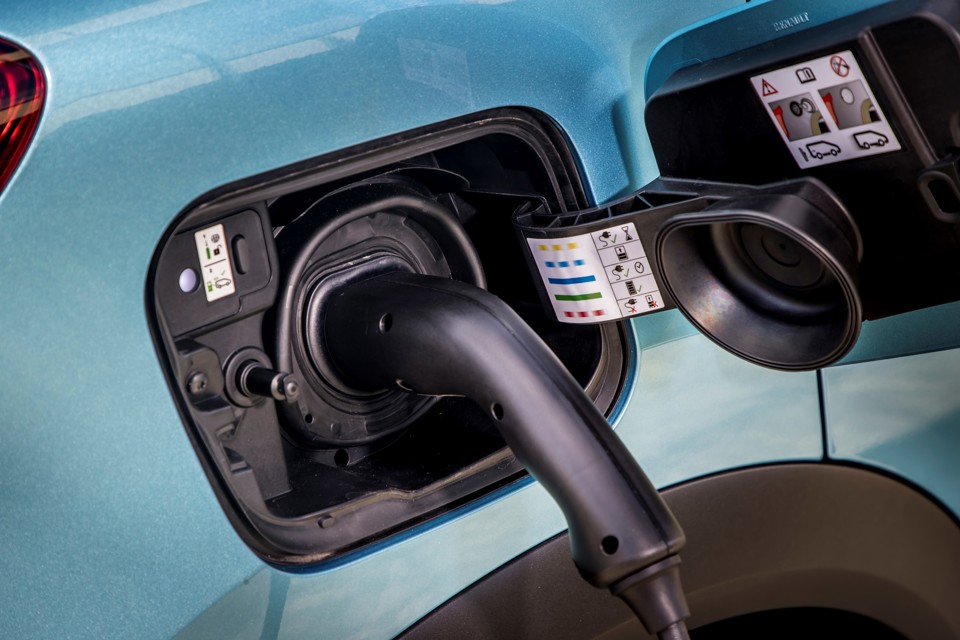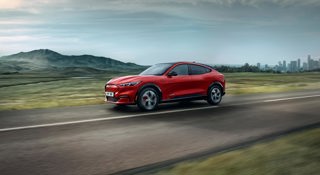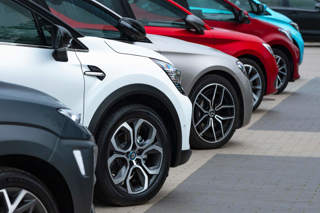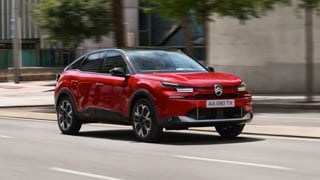Government targets on reaching Net Zero and banning the sale of new diesel and petrol vehicles have been welcomed but delays to how they can be achieved have been criticised.
The Government announced that new petrol and diesel cars and vans will not be allowed to be sold in the UK from 2030, last November.
The announcement was made by the Prime Minister Boris Johnson as part a 10-point plan to tackle climate change and create new ‘green’ jobs.
However, just last week the Department for Transport (DfT) announced that its long-awaited transport decarbonisation plan had been delayed after it lacked the ambition to meet targets.
The plan was originally due to be published before the end of 2020 and was then pushed back to spring 2021, and now looks set to be revealed in the autumn.
Gerry Keaney, chief executive of the British Vehicle Rental and Leasing Association (BVRLA), said: “Uncertainty is one of the biggest barriers to road transport decarbonisation, and fleets across the country are eagerly awaiting some strategy to support the Government’s Net Zero rhetoric.
“Establishing the right tax and incentives roadmap, providing support for charging infrastructure and creating a healthy electric vehicle supply chain is a complex task and it is vital that policymakers get as many perspectives as possible from across the fleet industry.
“The BVRLA continues to engage with officials across Government to ensure that they have the information they need.”
In publishing a progress report on the Government’s climate commitments, the Climate Change Committee says that the public has not been informed or engaged in the changes that must lie ahead.
Lord Deben, chairman of the Climate Change Committee, said: “We are in the decisive decade for tackling climate change. The Government must get real on delivery.
“Global Britain has to prove that it can lead a global change in how we treat our planet. Get it right and UK action will echo widely. Continue to be slow and timid and the opportunity will slip from our hands. Between now and COP 26 the world will look for delivery, not promises.”
Despite UK emissions falling to nearly 50% of their 1990 levels during the 2020 lockdown, the journey to Net Zero is far from half completed, says the Climate Change Committee.
Lockdown measures led to a record decrease in UK emissions in 2020 of 13% from the previous year.
The largest falls were in aviation (60%), shipping (24%) and surface transport (18%). While some of this change could persist, for example business travellers accounted for 15-25% of UK air passengers before the pandemic, much is already rebounding, says the Committee.
HGV and van travel are back to pre-pandemic levels, while car use, which at one point was down by two-thirds, is only 20% below pre-pandemic levels.
























Login to comment
Comments
No comments have been made yet.